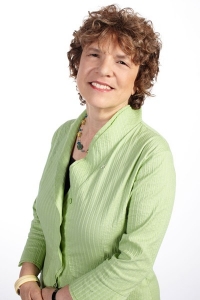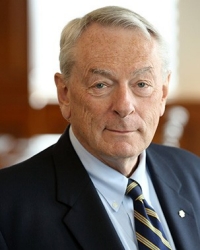Eleanor Wachtel
1. According to an interview published in 2012, the first writer Wachtel ever interviewed was Margaret Atwood, who was teaching at Sir George Williams University, one of Concordia’s founding institutions, at the time. They met at a Greek restaurant to discuss Atwood’s then-new book of poetry, The Circle Game.
2. After moving to Vancouver in 1975, the Montreal native joined the Growing Room Collective, also known as the West Coast Feminist Literary Magazine Society, which publishes a quarterly literary journal. Wachtel contributed as a volunteer for 13 years.
3. Wachtel’s favourite question to ask writers is: What is your earliest memory?
4. Author Kazuo Ishiguro once called Wachtel “one of the very finest interviewers of authors I’ve come across, anywhere in the world.” She credits much of her success to her exhaustive reading of her interviewees’s works beforehand.
4. Wachtel dedicated her first published book of interviews to the Snowdon branch of the N.D.G Boys and Girls Library, where she went as a child.
5. The radio host’s favourite place to read is her backyard.
 Eleanor Wachtel
Eleanor Wachtel
 Richard W. Pound | Photo courtesy of Owen Egan
Richard W. Pound | Photo courtesy of Owen Egan